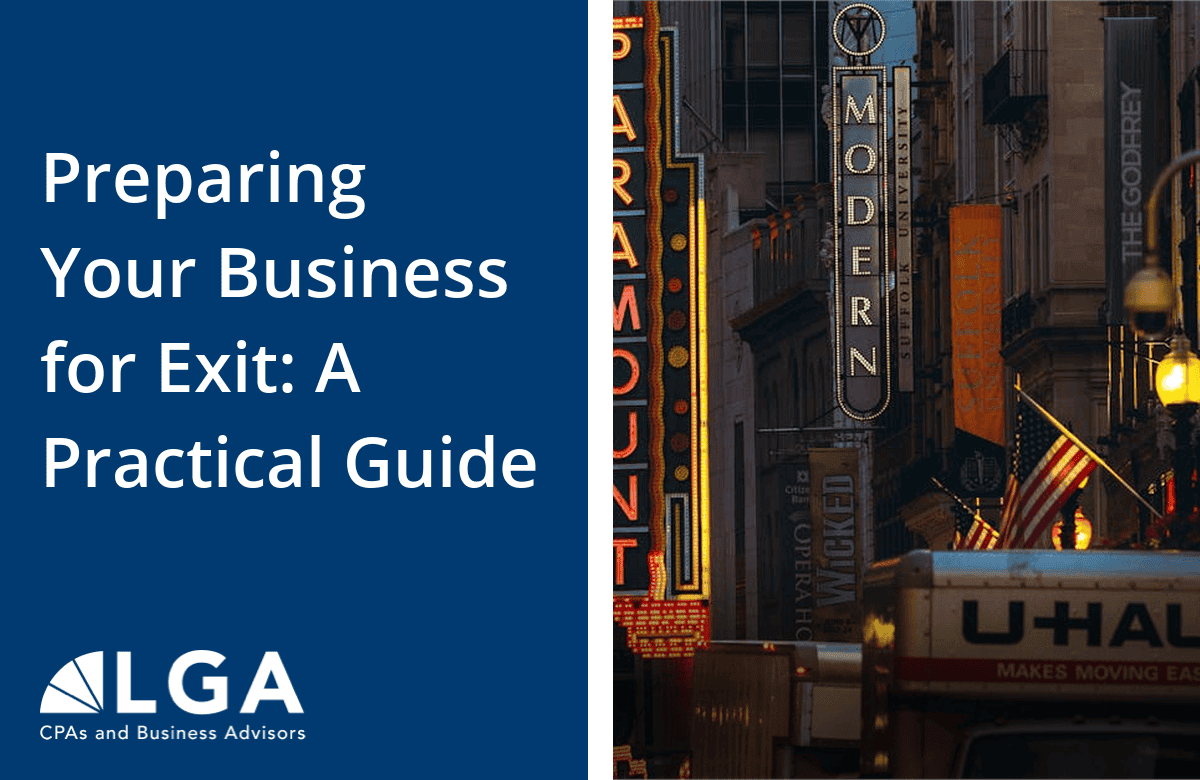
Authored by RSM US LLP
Looking for more flexibility in achieving your charitable and tax planning goals? A contribution to a Donor Advised Fund (DAF) can create a current year income tax deduction without having to immediately decide on the ultimate charitable recipients or amounts.
What is a DAF?
A DAF is a charitable investment account to which an individual contributes cash or property and receives an income tax charitable deduction at the time of the initial contribution. The DAF is legally owned and controlled by a sponsoring organization (typically part of an investment advisory firm or community foundation), but the individual donor has the power to make recommendations on amounts, dates and recipients of subsequent charitable distributions from the DAF. While under the control of the sponsoring organization and until distributions are made from the DAF to charities, the account will be invested without tax consequences to you.

What are the requirements for establishing a DAF?
- The account must be owned and controlled by a qualified sponsoring organization.
- Grants from the DAF must be made to public charities or private operating foundations recognized by the IRS.
- Some sponsoring organizations require a minimum contribution from donors.
- Currently, there are no payout requirements from the DAF, but there have been legislative proposals that, if enacted, may later implement annual payout requirements.
What are the benefits of setting up a DAF?
- DAFs are easy to create and there are a variety of sponsoring organizations.
- You receive an immediate income tax deduction for contributions to a DAF, subject to income limits, even though a distribution to charity may not occur during the year.
- In lieu of cash, you may contribute complex appreciated assets such as securities, cryptocurrencies, real estate, or other assets without incurring capital gains tax and ultimately benefiting charities that may not be equipped to receive donations of such assets directly.
- Donating to a DAF in a year when you have higher income than usual can allow a greater tax deduction without having to decide on the ultimate charitable recipient in the same year.
- Funds in the DAF will be invested without tax consequences while you decide how to use them.
- In addition to advisory privileges over charitable disbursements from the DAF, many DAFs also grant donors advisory privileges over how the account is invested.
- Contributions to a DAF will reduce your estate for estate tax purposes without gift tax consequences.
- Beyond claiming a deduction for the charitable contribution to the DAF, you will have no other tax filing responsibilities related to the DAF. Other charitable vehicles, like private foundations and charitable trusts, require you to file annual tax and disclosure documents.
What are the potential downsides of setting up a DAF?
- DAFs may not be able or willing to invest in certain types of assets (i.e., closely-held stock, alternative investments, etc.).
- Your contributions to the DAF are irrevocable.
- You will have to give up some control over investments and distributions to the sponsoring organization.
- DAFs will incur investment management fees.
- Although you are granted varying advisory privileges, the sponsoring organization in control of the DAF has final say over what happens to the funds in the account.
Is a DAF right for you?
Setting up a DAF can be a simple and flexible strategy to make charitable donations. However, the decision to use a DAF requires careful consideration of its benefits and limitations. As always, consult with your RSM tax advisor to tailor a strategy that best suits your situation and goals.
This article was written by Joshua Zimmerman, Amber Waldman, Ashley Pye and originally appeared on 2024-11-25. Reprinted with permission from RSM US LLP.
© 2024 RSM US LLP. All rights reserved.
RSM US LLP is a limited liability partnership and the U.S. member firm of RSM International, a global network of independent assurance, tax and consulting firms. The member firms of RSM International collaborate to provide services to global clients, but are separate and distinct legal entities that cannot obligate each other. Each member firm is responsible only for its own acts and omissions, and not those of any other party. Visit rsmus.com/about for more information regarding RSM US LLP and RSM International.





